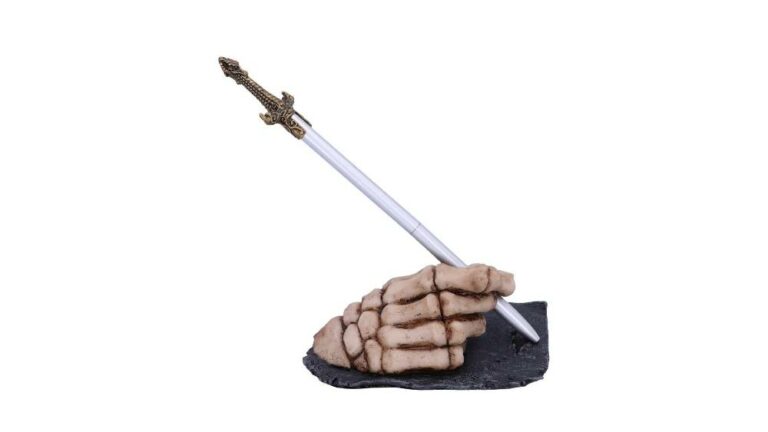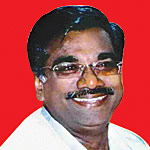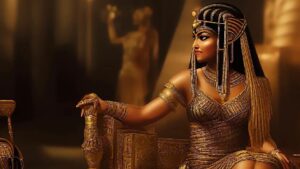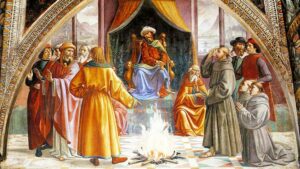From time past, we learn that the poets who handled the stylus were very poor, always struggling to make both ends meet; and those who simply carried the sceptre as an ornamental rod, as a symbol of power on some ceremonial occasions magnanimously made the poor poets rich. However, exceptions are everywhere. It may not be construed that all those who sat on the throne were broadminded. There were specimens of rulers who not only abhorred the poets but also put them to cruel death. Plato too had no place for poets in his Republic. Jealousy might have been the reason for Plato never penned a single line of poetry. Jealousy rises in those who cannot bear to see others do what they cannot.
In the literature of the Tamils, several instances of kings honouring the poor poets gifted to turn every word into history. Many were the Tamil kings, be they Cholas or Pandiyas or Cheras, who loved to lead deathless existence and for that, they needed their names to go down in history. The gifted poets came to their rescue.
A Chera king by name Perumcheral Irumporai once became furious when news of someone sleeping on the cot meant for the Victory Drum, reached him. The Victory Drum was the biggest of the many sorts of drums used by the Tamil kings. It was sounded to promulgate that their king had emerged victorious in a war. Every beat on the giant drum was meant to dispel fear from the hearts of his subjects. It made them jump for joy. Since the Victory Drum held pride of place in the life of every king, it was honoured with a cot. Special designs were carved on it. It bore a mattress stuffed with silk cotton. The Victory Drum rested majestically on it. Once a week it was removed from its place to get a good cleaning. No one was permitted to go near the cot except its caretakers. One could sit or sleep on it only at the risk of losing one’s head.
As the king entered the chamber of the Victory Drum, he saw a bony fellow sleeping on the cot meant for the Victory Drum. Gnashing his teeth, the king raised his sword above his head to bring it down on the neck of the sleeper. But the next minute he pushed the sword back into his scabbard. Instead of beheading the sleeper, the king took a ‘samaram’ (a hand-fan formed with the hair from the bushy tails of animals and used for fanning idols at temple festivals and kings in courts) and to everyone’s surprise began to fan the sleeper. “He is poet Mosikeeran. He has honoured us by his visit,” said the king in a joyful mood. As he continued to fan the poet, the latter woke up with a start. He asked the king’s pardon for the sin he had committed out of pure ignorance. The king smiled as he continued to fan the poet. Holding the hands of the king, the poet said, “It is a real honour to be fanned by the king. But I don’t deserve it.” The king replied, “Is not a poet who sings of the glory of a king a Victory Drum? I fanned you because you are a Victory Drum in flesh and blood.”
That was how monarchs revered the poets worth their salt. The very same Chera king went to extreme in honouring another poet, Arisil Kizhar. He not only rewarded him with nine lakh measures of gold coins for immortalising him in the eighth section of ‘Pathitrupatthu’, but also requested the poet to take over his throne. But the humble poet refused to be king and instead opted to be his minister. Perhaps the poet had already heard of the saying, “Uneasy rests the head that wears the crown.”
Poet Ottakoothan, a rival of Mahakavi Kamban, wrote ‘ula’ literature in honour of three Cholas viz. Vikrama Chola, Kulothunga Chola and Rajarajan II and gained a whole village as reward. Situated on the banks of River Arasal, the village Koothanur, named after the poet, exists even today. A few miles from the temple city Karaikal, Koothanur houses a temple for Goddess Sarasvati. A huge statue of the poet Ottakoothan, a staunch devotee of the Goddess, is also found there.
A long poem ‘Pattinapalai’ sings of the achievements of Karikaal Valavan, a very famous Chola king. Its author Poet Kadiyalur uruthirung Kannanaar presented the work for acceptance before a learned assembly in a sixteen-pillared mandap. The king awarded the poet sixteen thousand gold pieces. It must be mentioned in passing that the Pandya king Maravarman Sundara Pandian, when destroying the Chola kingdom, spared the sixteen-pillared mandap. Such was the love the sceptre had for the stylus.























